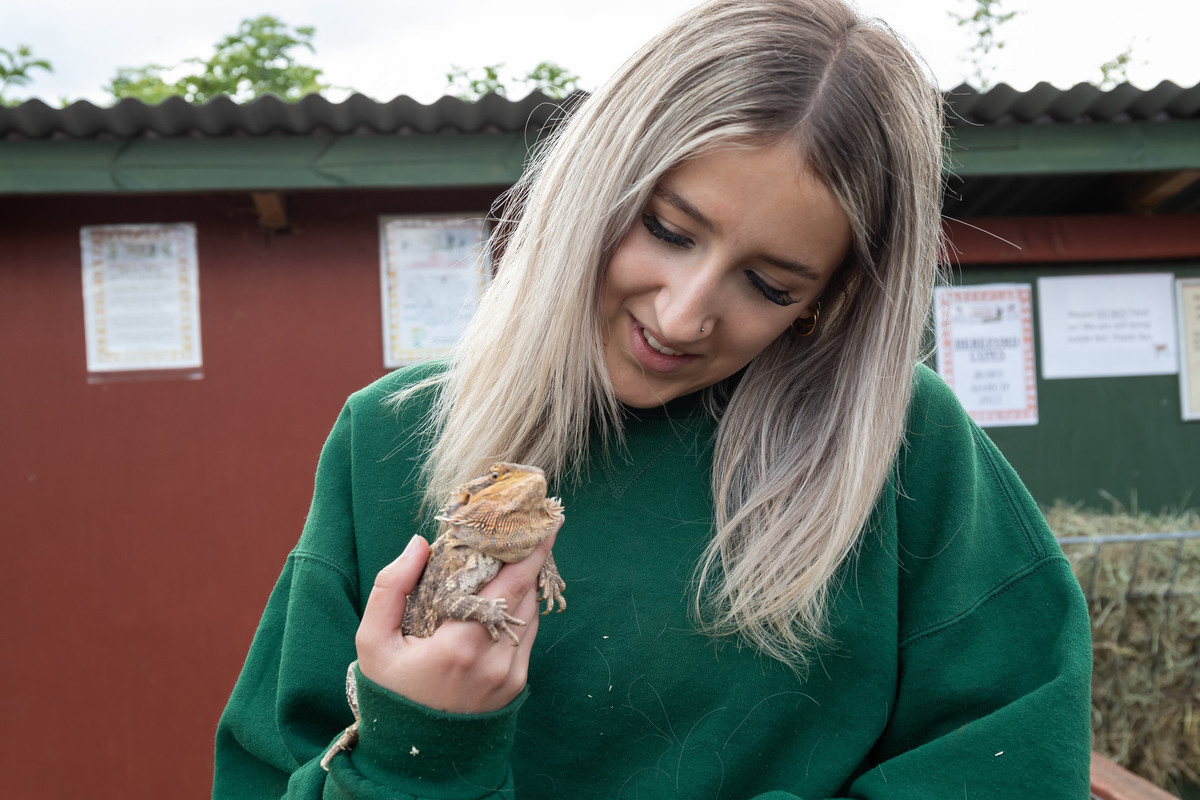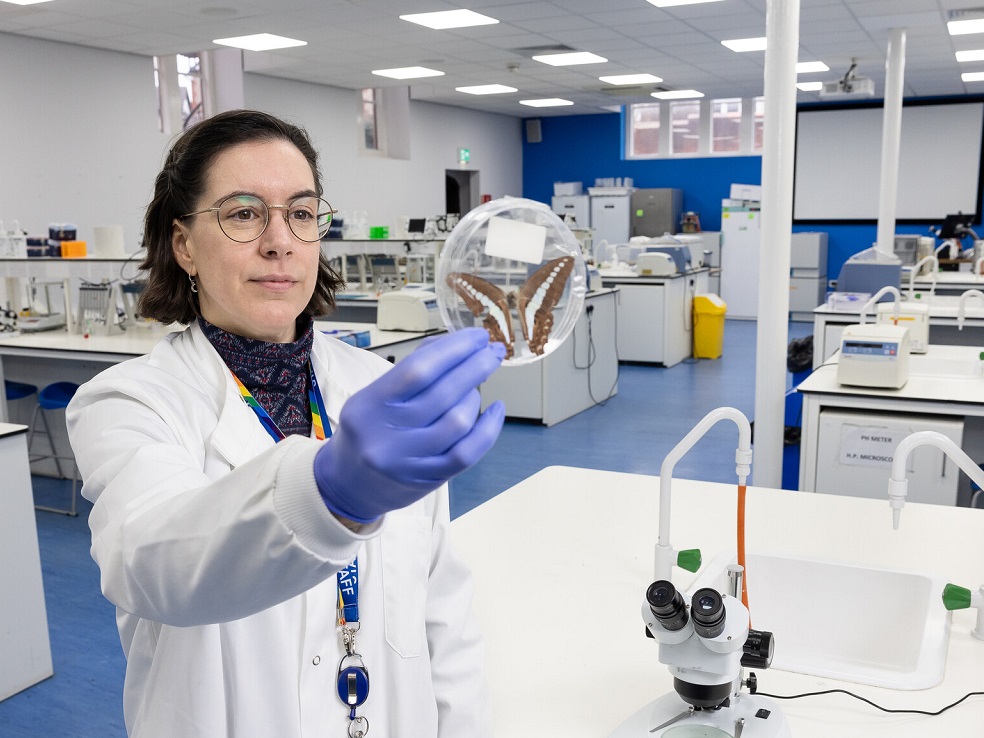2:2honours degree
- Applicants should normally possess an honours degree (minimum 2:2) in a biological/behavioural/ecological science (or demonstrate equivalent experience in a related field, e.g. animal behaviour, conservation biology, zoology) including components of experimental design and statistical analysis. Applicants will also have relevant experience in the field.
- Students with a minimum 2:2 undergraduate degree in an unrelated area must demonstrate on application that they have equivalent experience in a related field, e.g. wildlife conservation, habitat or protected areas management, or ex-situ conservation.
We recommend that all applicants:
- Nominate two academic referees as part of their application who can provide letters of recommendation which highlight the applicant’s academic achievements, work commitment and relevant experience.
- Include in their personal statement and CV details of any relevant extra-curricular training, volunteering and/or relevant work experience they have obtained. This could include working with a local wildlife trust, animal rescue centre or zoo, for example.
- A transcript of marks should be presented with the application.
Applicants may be interviewed.
2:2honours degree
- Applicants should normally possess an honours degree (minimum 2:2) in a biological/behavioural/ecological science (or demonstrate equivalent experience in a related field, e.g. animal behaviour, conservation biology, zoology) including components of experimental design and statistical analysis. Applicants will also have relevant experience in the field.
- Students with a minimum 2:2 undergraduate degree in an unrelated area must demonstrate on application that they have equivalent experience in a related field, e.g. wildlife conservation, habitat or protected areas management, or ex-situ conservation.
We recommend that all applicants:
- Nominate two academic referees as part of their application who can provide letters of recommendation which highlight the applicant’s academic achievements, work commitment and relevant experience.
- Include in their personal statement and CV details of any relevant extra-curricular training, volunteering and/or relevant work experience they have obtained. This could include working with a local wildlife trust, animal rescue centre or zoo, for example.
- A transcript of marks should be presented with the application.
Applicants may be interviewed.
English Language Requirements
For more information on our English Language requirements, please visit International Entry Requirements.
.jpg)











